Counterfeit in e-commerce: how social media monitoring helps to find fakes
.jpg)
Social media analytics is commonly associated with marketing research and reputation management. However, it can help with a variety of non-trivial problems. One of them is the detection of frauds and replicas. Counterfeiting is a challenge that practically all big brands face. In this article, we'll look at how to make it easier to find non-original products online.
To make it easier for brands to detect "analogs," we will provide the most effective strategies to find such products, as well as details to look for to spot a fake.
Method № 1. Use a keyword search.
The simplest way to identify non-original brand products is to create a search query in the social media monitoring system that includes the words "copy" and "replica" as well as the brand name you're looking for. This will let you collect all publications online that contain such phrases.
We have a filter named "Commerce" at YouScan that allows you to leave just those publications in the stream of mentions that mainly offer products for sale.
.png)
.png)
Method №2. Look for fake brand logos.
Online stores do not always include the words "copy" or "replica" in their posts to avoid a fine for selling counterfeit goods. However, this does not mean that it's impossible to find such publications. In such cases, the logo recognition feature comes in handy. YouScan can track mentions even when the brand name is not mentioned in the text.


You can find more tips on how to use visual analytics efficiently in our article on logo recognition.
If a brand logo is easily recognized and inspires good associations, counterfeiters will frequently use it on products that the genuine brand did not manufacture. This is especially true in the premium market. Logo recognition can also be used to identify such fakes. In the example below, the Chanel brand logo is placed on bedding, even though the company does not produce this type of goods.
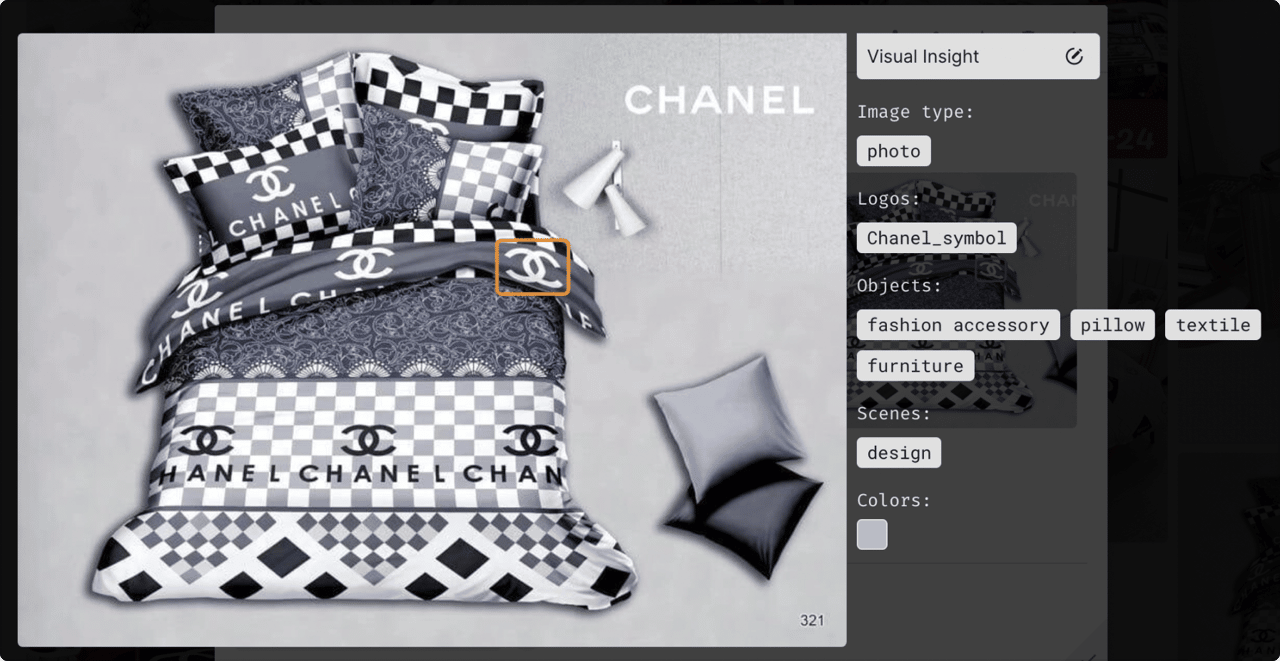

Method №3. Search by fake brands.
Copies are frequently not just individual products, but entire brand product lines. You can also track them on social media.
One of the best-known examples is the Chinese designer company Lepin, which cloned hundreds of Lego goods.
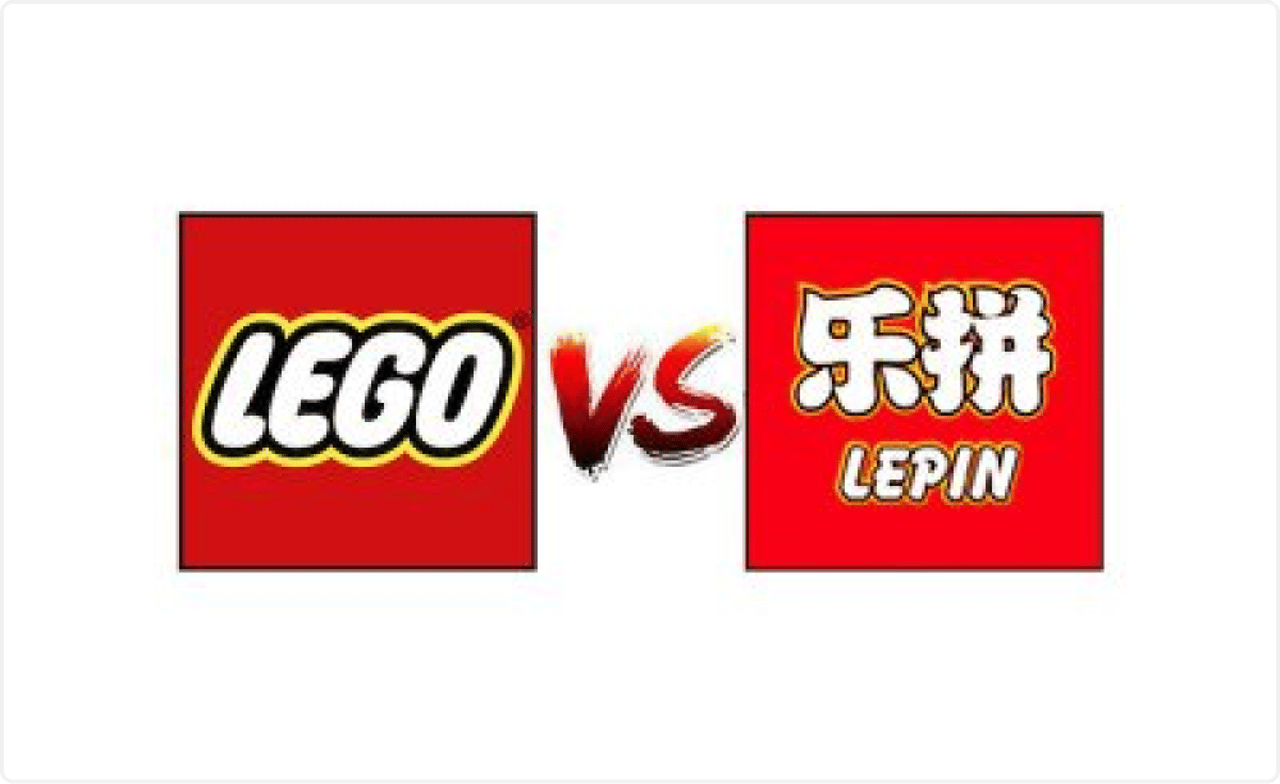

Here's an example of a Lego product available on Amazon.
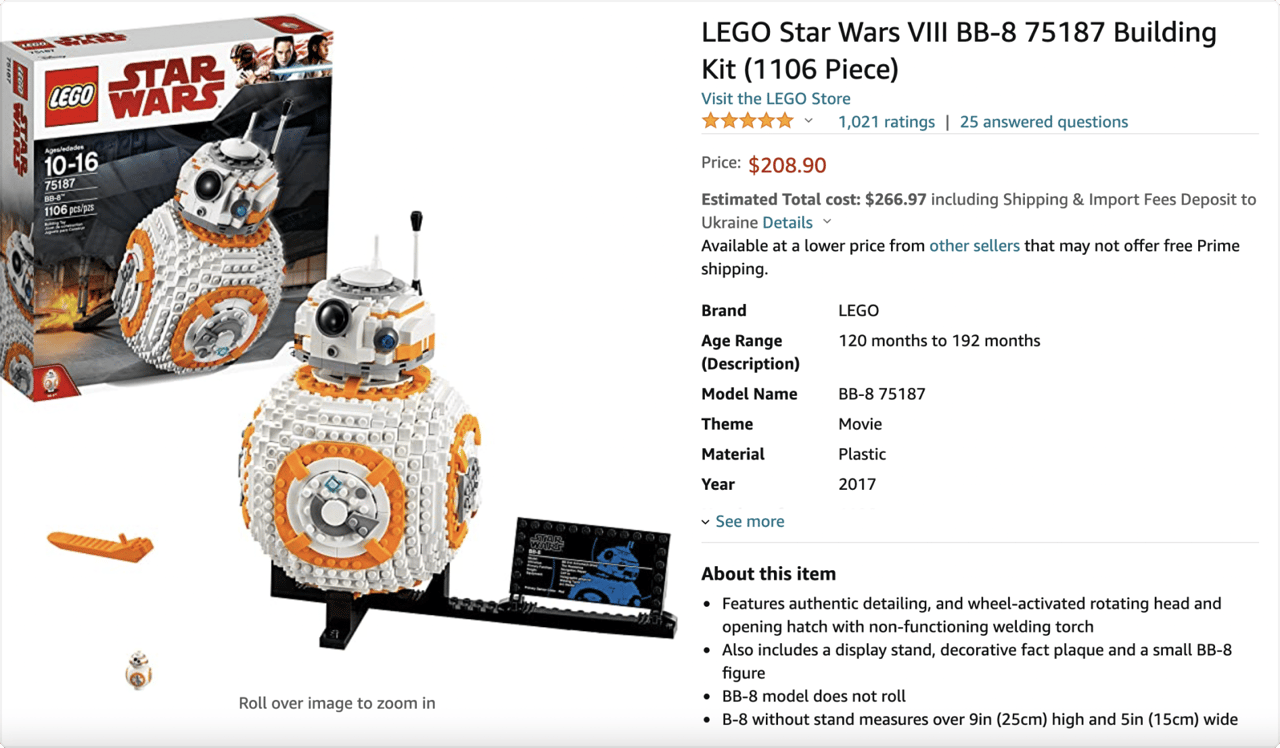

In this case, a social media user posts a picture of a similar construction set in nearly identical packaging. However, based on the information provided in the post, this is a Lepin brand product, a Chinese copycat. What's more, this brand is not available on Amazon or other major online retail platforms worldwide.


Method №4. Search for shops with counterfeits.
Individual examples of counterfeiting are tough to deal with. It is much easier to detect and prevent the activity of entire counterfeit stores.
You can use YouScan to discover separate accounts that sell replicas.
You can achieve this by tracking authors whose account names or descriptions contain the words "copies," "replicas," or "analogs."
For example, if you collect all references, including the words "copy," "replica," or "analog," then use the "Commerce" filter in the YouScan system and look at the "Authors" section, you will find a list of accounts, the majority of which are selling non-original goods.
.png)
.png)
In terms of engagement, the Instagram account the_jersey_arena was first on the list. When you open the data in the system with posts collected from this account by the mentioned query, or the page on Instagram, you'll notice that replicas of many sports brands are sold here.
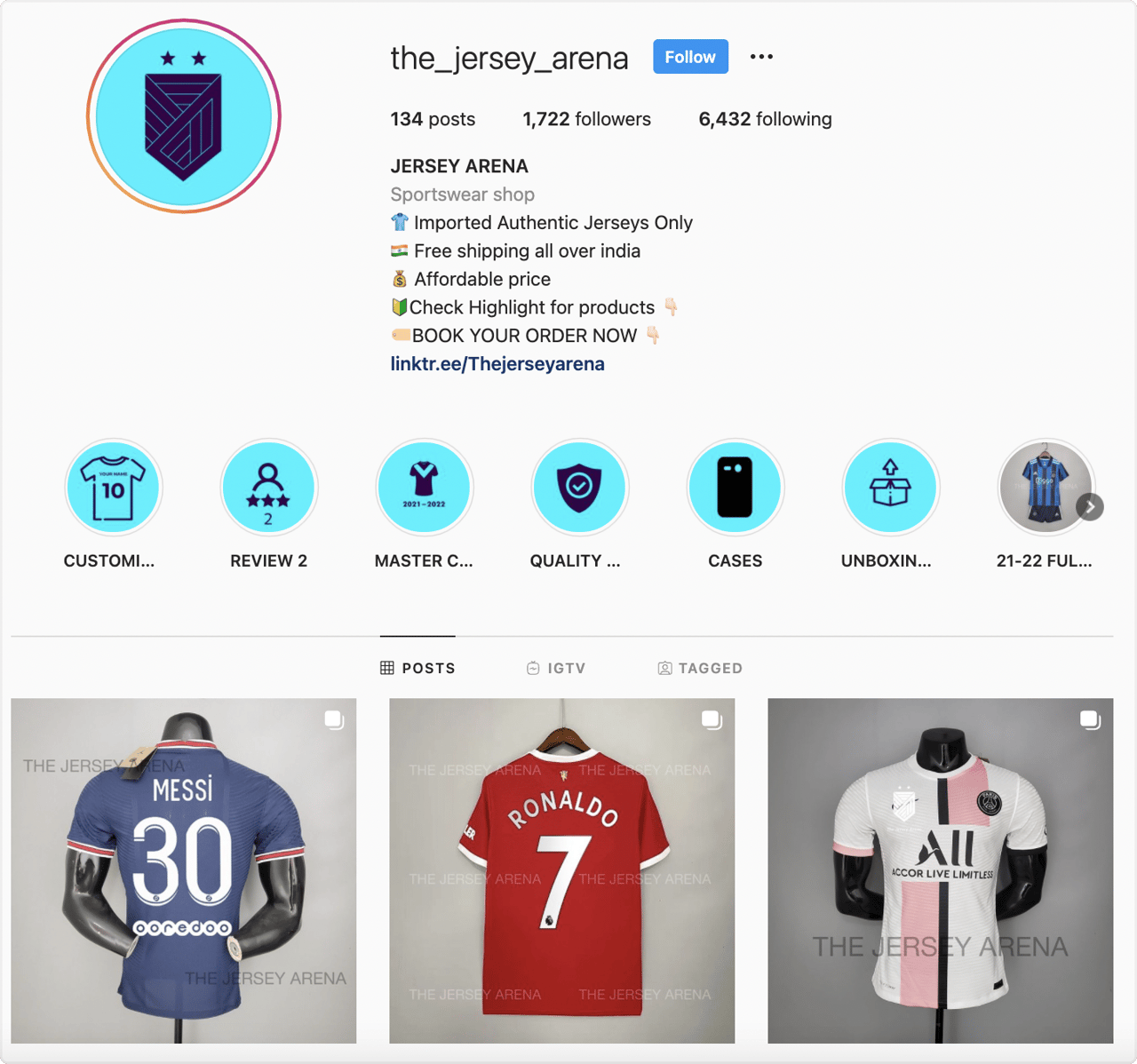

It is not always possible to tell immediately that a forgery is offered for sale from a single image. When selling copies, replica dealers may use the original's photograph. However, there are a few details to look for that can assist in identifying counterfeit products.
1. The price is too low.
If we are not talking about a flea market, one of the primary points that should raise your suspicions is the product's low price.
The Rolex watch symbolizes money and status, which is why numerous sorts of counterfeits of the brand are offered online. Many people try to appear wealthier than they are, even if the goods they are wearing are obviously fake. Nonetheless, companies should monitor such cases for brand protection, especially if the shop sells a lot of "branded" goods.
Of course, the watch in this image is fake. The key proof here is the price indicated in the post - ₹1199, which is approximately $16.26. That can't be true for a genuine product.
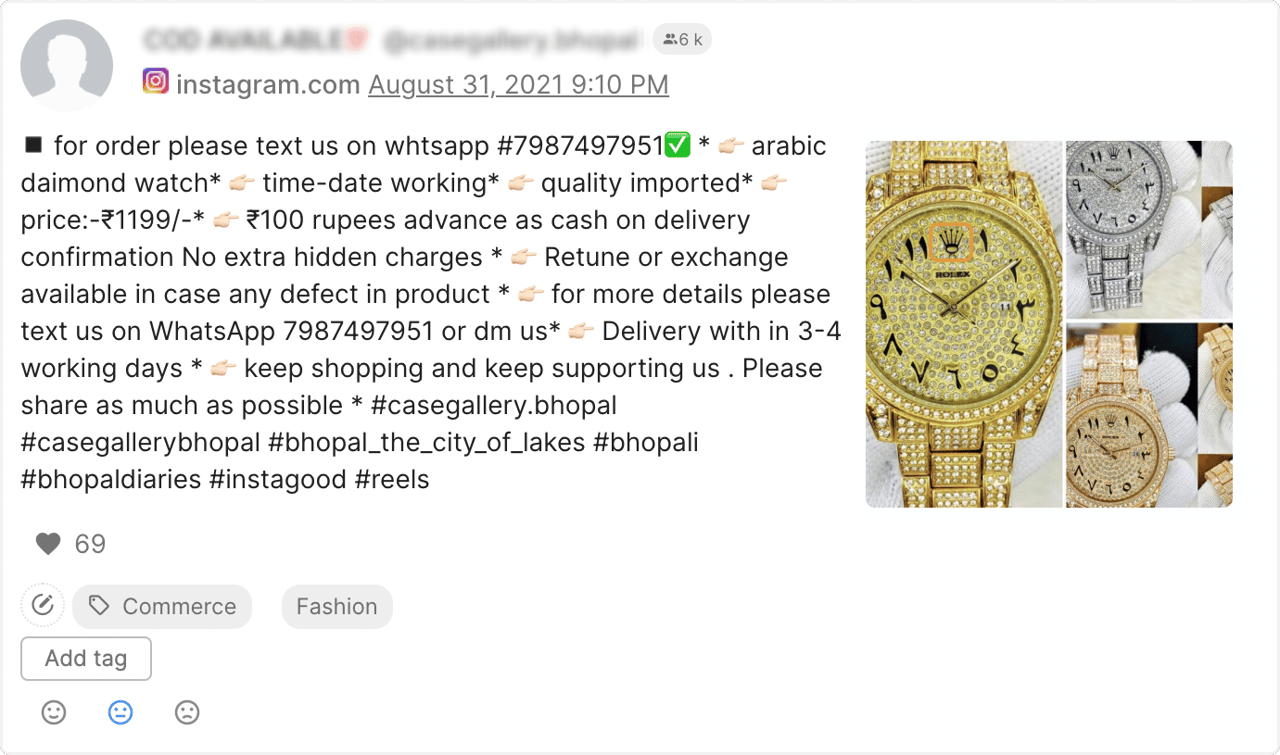

2. The country of origin is fake.
Sellers frequently add information about the country of origin to their posts. This country, however, does not always correspond with the original's place of origin. The post below, for example, recommends buying Nike sneakers made in Turkey.
However, according to the company's official map, the brand does not produce footwear in this country.
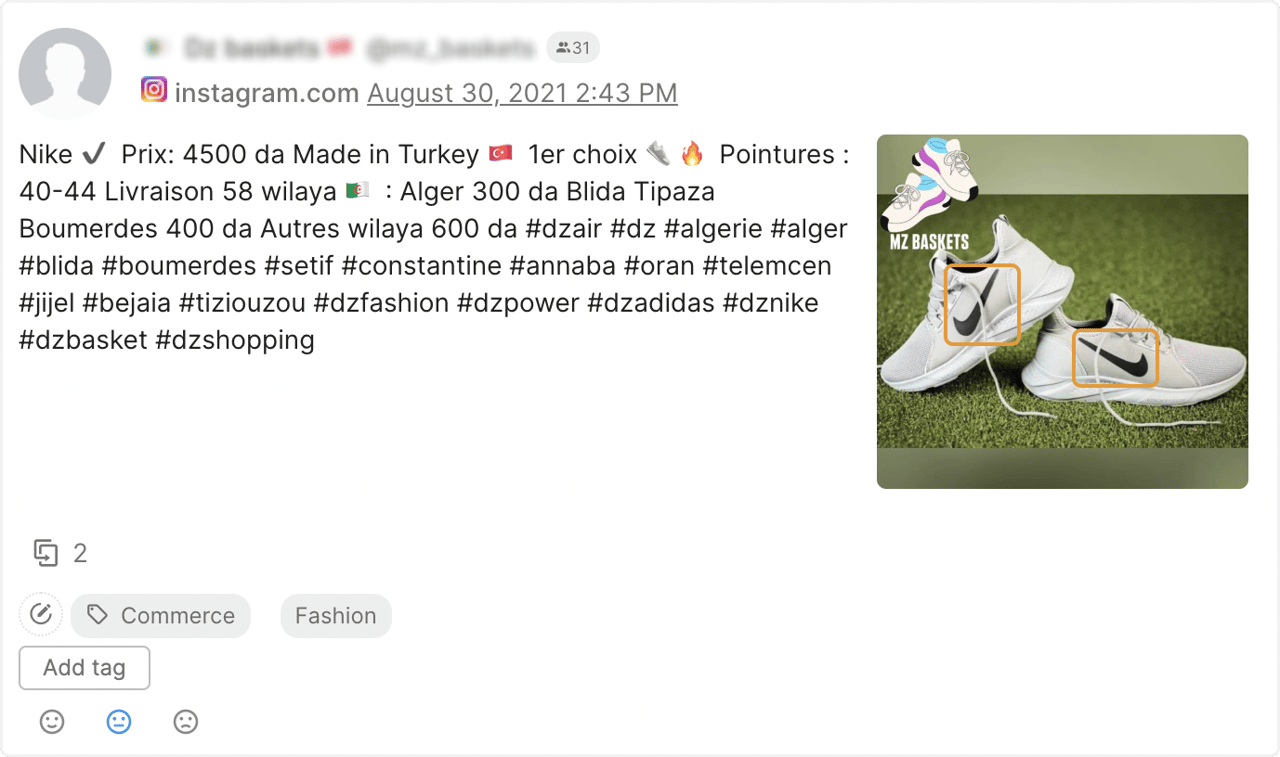

3. The product is sold in a country where the brand is not officially represented.
World-famous brands frequently become popular in regions where they are not officially represented. In such cases, their products might be sold by resellers. However, there is no guarantee that a specific online store is reselling the original brand's products. Social media monitoring software helps track resellers and their products online.
To do this, you can sort mentions by geography in the YouScan system. For example, we took the Apple brand and Jamaica, where the company is officially represented only in one store. You can also select the Commerce filter to track sellers in this region.
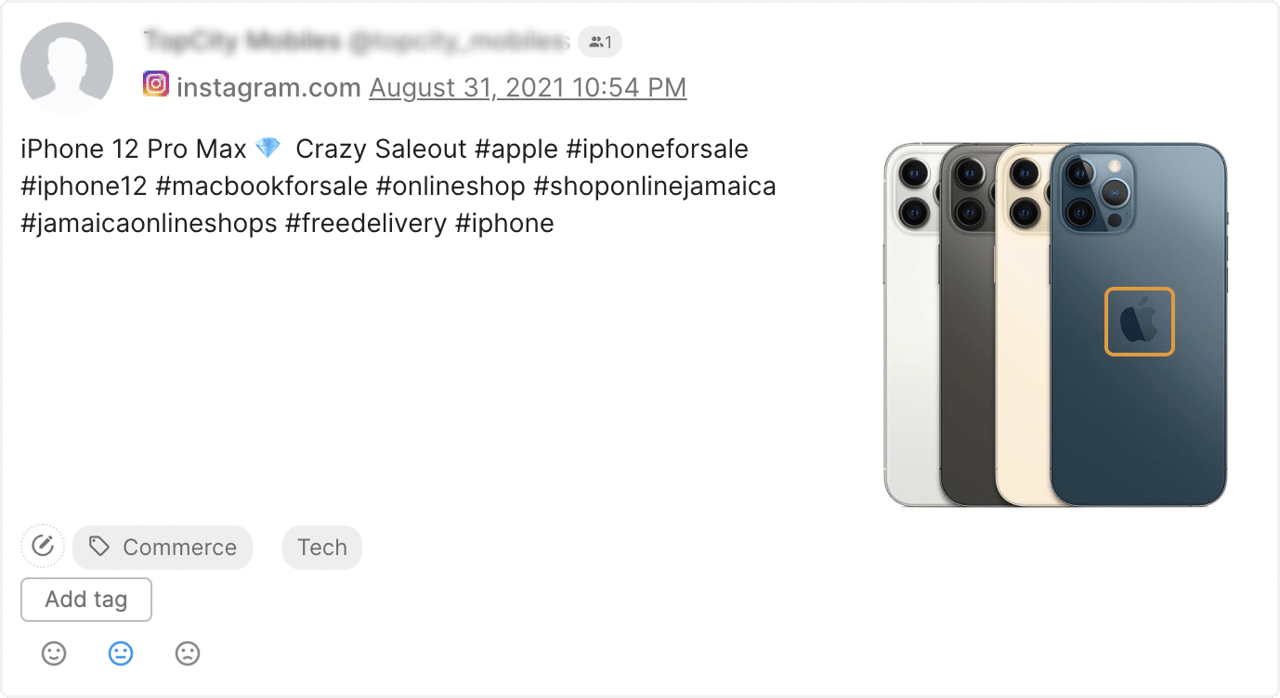

Brands can use this information to prevent counterfeiting. Furthermore, such information is helpful not only for official manufacturers but also for online retailers and marketplaces because counterfeit goods are popular in e-commerce. Meanwhile, if a user orders a well-known brand's goods from the marketplace and receives a counterfeit, the marketplace's reputation suffers first and foremost.
Request a free demo version of YouScan and learn how to use social media monitoring system to search for counterfeit products.


.png)
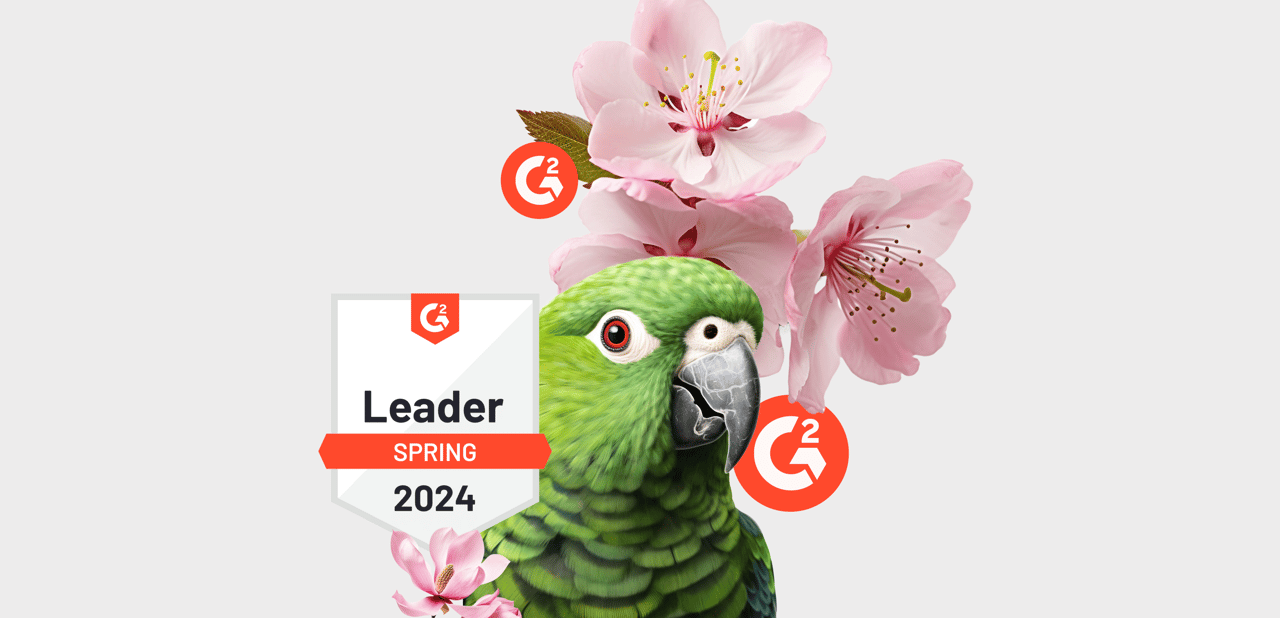
.png)
